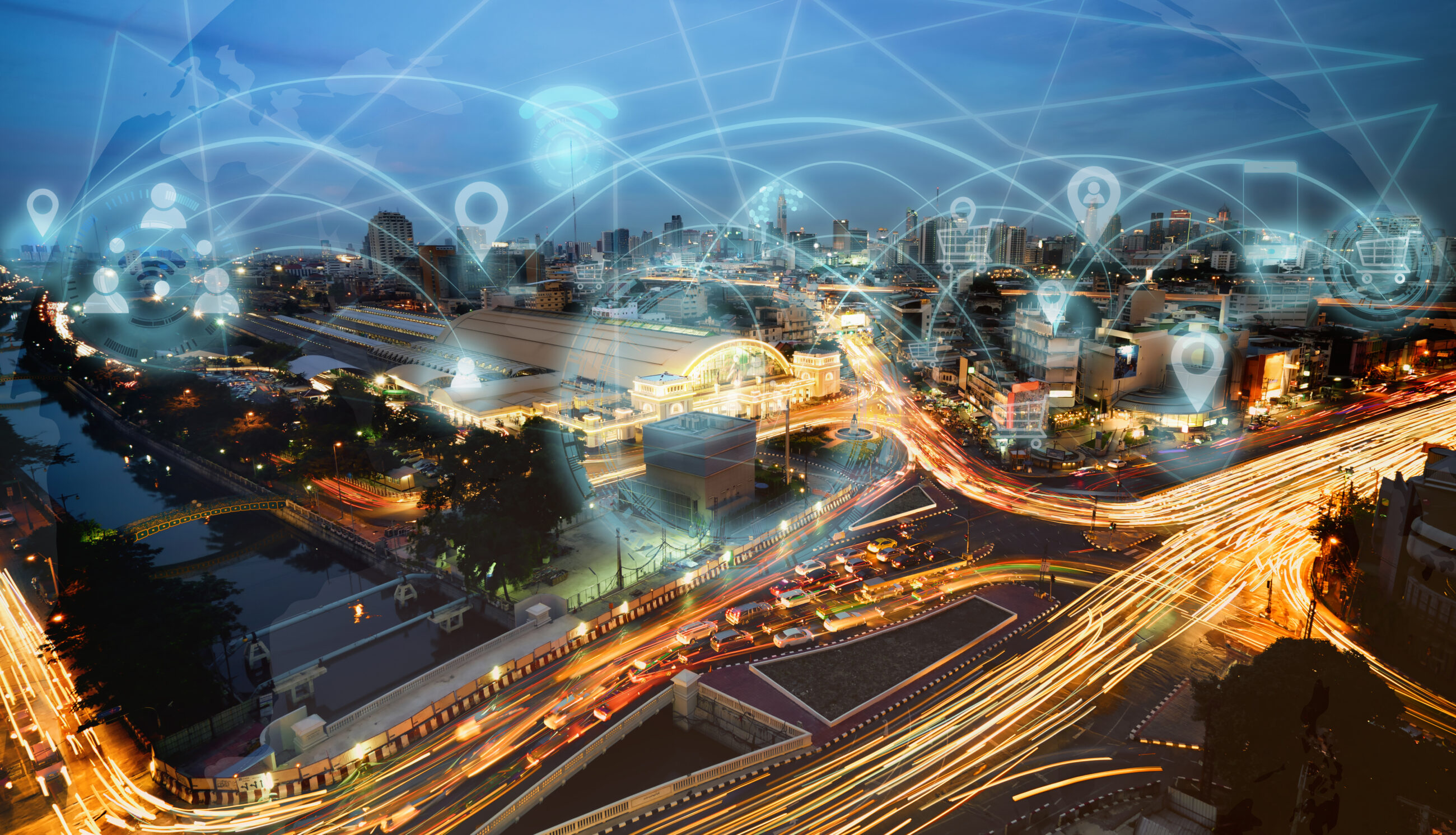Technology Affect Urban Development and Infrastructure

Technology has a profound impact on urban development and infrastructure, transforming cities in various ways. Here are some key ways in which technology influences urban development and infrastructure:
Smart Infrastructure: Technology enables the development of smart infrastructure systems that enhance efficiency, sustainability, and resilience in cities. Smart grids, water management systems, and transportation networks utilize sensors, data analytics, and automation to optimize resource allocation, reduce energy consumption, and improve service delivery.
Smart Mobility: Transportation technologies such as ride-sharing platforms, autonomous vehicles, and electric mobility solutions are reshaping urban mobility patterns. Integrated mobility systems, smart traffic management, and real-time navigation apps promote multimodal transportation options, reduce congestion, and enhance accessibility for residents.
Digital Connectivity: High-speed internet connectivity and digital infrastructure are essential for enabling smart city initiatives and fostering economic growth. Broadband networks, 5G technology, and Wi-Fi hotspots provide ubiquitous digital access, support the Internet of Things (IoT) devices, and enable the delivery of online services and digital amenities to residents.
Urban Planning and Design: Technology tools such as Geographic Information Systems (GIS), urban modeling software, and data visualization platforms facilitate urban planning and design processes. These tools help urban planners analyze spatial data, simulate scenarios, and make informed decisions about land use, infrastructure investments, and public amenities.
Sustainable Development: Technology plays a critical role in promoting sustainability and environmental stewardship in urban areas. Green building technologies, renewable energy systems, and energy-efficient infrastructure solutions reduce carbon emissions, mitigate climate change impacts, and improve air and water quality in cities.
Digital Governance and Citizen Engagement: Digital technologies enable transparent, participatory governance models that engage citizens in decision-making processes and service delivery. E-government platforms, online civic engagement tools, and open data initiatives foster collaboration between governments, residents, and stakeholders, enhancing accountability and responsiveness in urban governance.
Resilience and Disaster Management: Technology aids cities in building resilience to natural disasters, climate change, and other threats. Early warning systems, disaster response technologies, and predictive analytics help cities anticipate risks, coordinate emergency response efforts, and mitigate the impact of disasters on infrastructure and communities.
Urban Health and Well-being: Technology innovations contribute to improving urban health outcomes and enhancing residents' well-being. Telehealth services, wearable health devices, and digital health platforms provide access to healthcare services, promote preventive care, and empower individuals to manage their health proactively.
Equitable Access and Inclusion: Technology has the potential to address digital divides and promote equitable access to urban opportunities for all residents. Initiatives such as digital literacy programs, public Wi-Fi initiatives, and community technology centers bridge the digital divide, empower marginalized communities, and promote social inclusion in cities.
Overall, technology is a powerful catalyst for driving innovation, sustainability, and inclusive growth in urban areas. By leveraging technological advancements strategically, cities can address complex urban challenges, enhance quality of life for residents, and create vibrant, resilient, and future-ready urban environments.
Thank you,